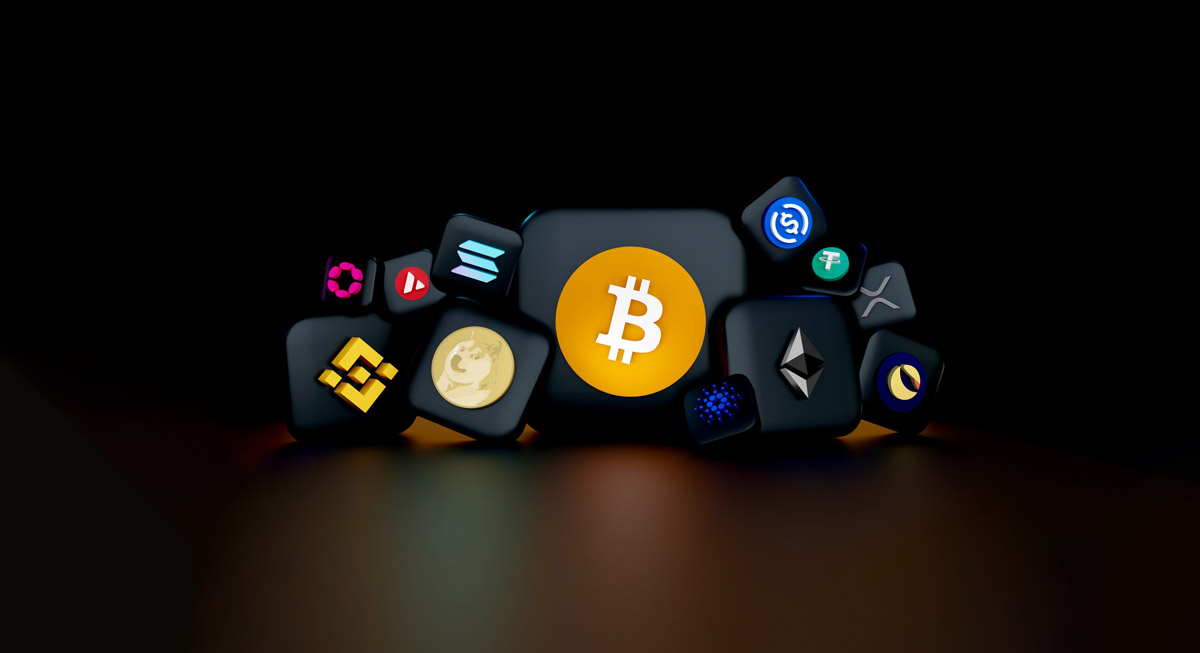This acronym, DAO, is one of many that are frequently used without any explanation as Web3 and the blockchain become more and more commonplace.
Decentralized autonomous organisations (DAOs) are akin to clubs for cryptocurrency enthusiasts, with the exception that they frequently work toward a common objective, give each member an equal voice in decision-making, and may have access to financial resources that most clubs would never know what to do with.
And yet, they’re springing up everywhere on the decentralised internet to finance bigger businesses, generate funds for blockchain-based initiatives, or mistakenly pay millions of dollars for a first edition of a book in the mistaken belief that doing so will also provide them the rights to that book.
These organisations obviously have a tonne of resources. What you should know about DAOs is provided here.
How do you pronounce DAO, first of all?
“Dow.”
What then is a DAO?
As the name implies, a decentralised autonomous organisation is a group of people that gather together without having any choices made for them by a single central figure or organisation. They are constructed using smart contracts on a blockchain (digital one-of-one agreements). Members of DAOs frequently pay their way in by buying a governance token designed just for the DAO, which gives them the right to vote on decisions affecting how the money fund is used and handled. People from all around the world may be a part of these groups, and they frequently interact on Discord channels.
According to Jason Yanowitz, co-founder of the cryptocurrency trade newspaper Blockworks, a DAO features a “totally flat hierarchy.” It’s a means to manage individuals in a unique way around a common balance sheet.
What is a DAO used for?
No matter if it serves a single function or is a component of a bigger enterprise, each DAO has a unique mission and can be connected to a variety of businesses.
Some of them are motivated by individual interests, like the ConstitutionDAO, which formed in an effort to last year purchase one of the original copies of the United States Constitution from Sotheby’s. The group lost the auction after learning it was not the top bidder, but members were able to get their initial deposit back.
Others have more ambitious objectives, such as collectively managing or operating a business. One illustration is Mantra DAO, a decentralised finance platform with community governance that enables users to stake, lend, and borrow their cryptocurrency assets.
When were DAOs initially developed?
A business called Slock developed the first DAO, simply known as The DAO.
it, a German-based developer that was created on top of the Ethereum blockchain and is attempting to link real-world transactions to the blockchain, allowing anyone to rent, sell, or share their property directly with others without the need for an intermediary.
According to an interview with the firm’s creator Christoph Jentzsch from 2018, Slock.it needed to find a mechanism to generate money in the early months of 2016, therefore in April the company established a DAO, which was comparable to a Kickstarter or GoFundMe. The DAO allowed all investors and members a vote in the choices the business made when allocating the raised funds. This is what made it unique.
According to The Economist, it eventually developed into a decentralised version for a venture capital fund and owned almost 14% of the total value of the Ethereum cryptocurrency at the time. According to Coindesk, it raised over $150 million in ether from over 11,000 members between May and June, making it the greatest crowdfunding campaign in history as of that year.
However, the DAO was compromised by June of that year, losing around $50 million (about 3.6 million ETH at the time). Slock, surprisingly. The DAO was not destroyed following the breach, although it never recovered its prior position.
So, did the initial DAO give rise to all subsequent DAOs?
No, the term DAO is now more of a descriptive acronym than a name because it has been embraced by various businesses, blockchains, and cryptocurrency aficionados.
What will DAOs entail for the advertising and media sectors?
Keep in mind that DAOs have large sums of cash, whether in cryptocurrency or not, that they are prepared to spend if the majority of the community is convinced. Within each DAO, the majority rules are established.
Because they see the financial potential, some publishers, including Blockworks, have already started pitching DAOs on advertising opportunities like event sponsorships.
“DAOs are emerging as the new establishments. Media businesses are unaware that some DAOs have treasuries of more than $10 billion, according to Yanowitz. He is currently training Blockworks’ sales team on how to conduct business with a DAO Discord channel.
Building a community is another benefit of a DAO and web3, according to Amanda Cassatt, CEO and co-founder of web3-based marketing firm Serotonin. DAOs stand for “a powerful alignment engine to collapse the categories of user or buyer, team or firm, and investor into a single group that’s aligned and part of a community that cares about a given artefact or a certain experience.” And they’re all taking part collectively,” she remarked.
























